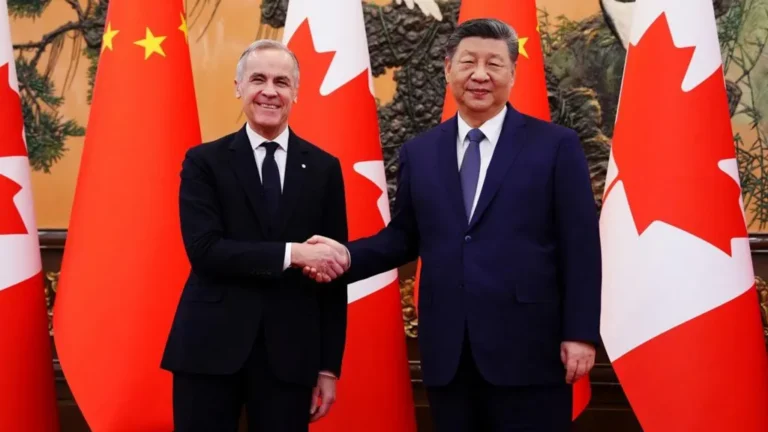
KYIV, UKRAINE — In one of the most daring operations of the war, Ukraine struck deep into Russian territory with a massive drone assault that reportedly disabled nearly half of Russia’s long-range bomber fleet — a strike some observers are already calling “Russia’s Pearl Harbor.”
According to Ukrainian officials, 117 drones were transported by truck and launched at four Russian air bases, including one in Siberia, more than 2,500 miles from the Ukrainian border. President Volodymyr Zelenskyy stated that 40 Russian aircraft were hit, including many strategic cruise missile carriers, in a strike costing the Kremlin an estimated $7 billion in losses.
The brazen assault — dubbed Operation Spiderweb — is a severe embarrassment for the Russian regime and exposes critical gaps in Vladimir Putin’s military defenses, especially as he continues to claim success on the battlefield. Analysts in both Europe and the U.S. agree: this was a psychological blow that shattered any illusion of Russian invulnerability.
“This demonstrates that Putin’s strategic assets are vulnerable — even thousands of miles from the front,” said Sven Biscop of the Brussels-based Egmont Institute.
Diplomatic Shockwaves
The timing was intentional. The strike occurred just one day before U.S.-brokered peace talks between Ukraine and Russia resumed in Istanbul, with President Trump’s envoy taking the lead role.
Unlike the Biden administration’s blank-check approach, President Trump has adopted a more calculated diplomatic strategy: offering direct negotiations, demanding measurable progress, and threatening to walk away from talks that don’t produce real results. His willingness to hold Putin accountable, while still seeking to end the war, sets a new tone for U.S. leadership on the world stage.
However, the Kremlin responded with predictable fury. Russian forces launched over 500 drones into Ukraine overnight, killing at least 10 civilians and injuring dozens more in a retaliatory barrage. Russian hardliners online are calling for nuclear escalation, a sign of desperation more than strategic sense.
Strategic Implications
The strike’s success raises critical questions for Washington:
- Can the U.S. continue to balance Ukrainian resilience with its own national interest in preventing global escalation?
- How will this reshape long-term deterrence between major powers?
- And how will the Trump administration manage public expectations around a peace settlement if Ukraine continues to hit back harder than ever?
One thing is clear: Putin’s myth of control is crumbling, and the world is watching how America leads in a moment of global consequence.






